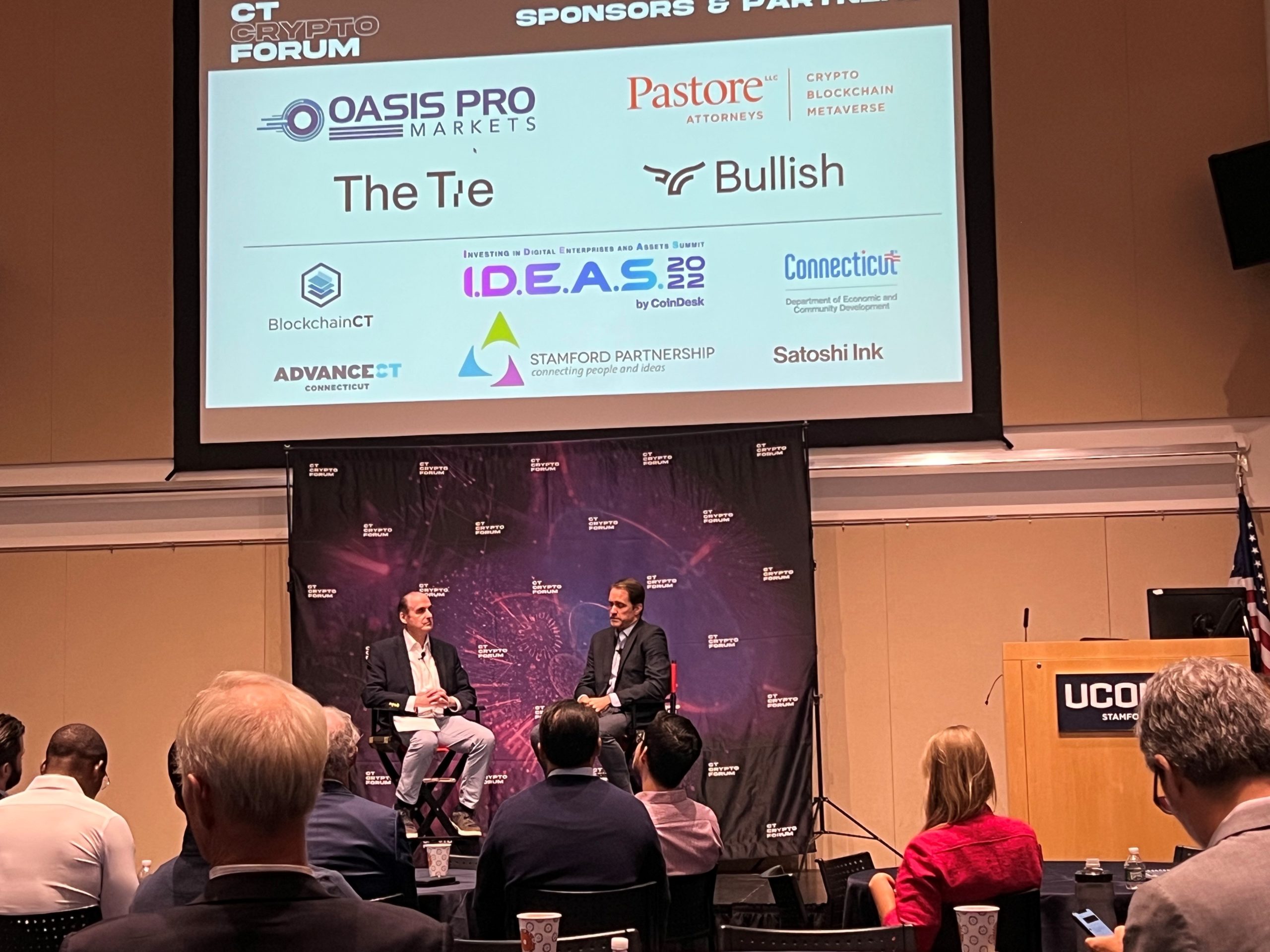The SEC’s Division of Examinations (“EXAMS”) has published its priorities for 2023. EXAMS is responsible for overseeing registered investment advisers, exempt reporting advisers, broker-dealers and other SEC-regulated entities. Understanding the publication will help examined practitioners prepare themselves for the future and avoid unexpected noncompliance.
EXAMS articulated the priorities to promote their four primary goals: (1) promote compliance; (2) prevent fraud; (3) monitor risk and (4) inform policy. Each area of focus should support these “four pillars.”
- Recently Adopted Rules
Marketing Rule (Advisers Act Rule 206(4)-1)
Registered investment advisers (“RIAs”) must adopt and implement written policies and procedures that prevent violations. They must also be able to demonstrate that they had a reasonable basis for believing the material facts they put forth.
Derivatives Rule (Investment Company Act Rule 15f-4)
Funds must adopt and implement policies and procedures to manage their derivatives risks and prevent violations. This should include a risk management program, board oversight and complete and accurate disclosures.
Fair Valuation Rule (Investment Company Act Fair Valuation Rule 2a-5)
Funds must properly oversee the determinations of fair value and comply with policies and procedures of reporting and recordkeeping. EXAMS will also specifically look for adjustments to valuation methodologies.
- Private Funds
RIAs to private funds should be aware of (1) conflicts of interest; (2) calculations and allocation of fees and expenses; (3) the Marketing Rule; (4) use of alternative data (Advisers Act Section 204A); and (5) the Custody Rule (Advisers Act Rule 206(4)-2).
EXAMS notes that private funds exhibiting any of these specific risk characteristics will receive heightened scrutiny:
- Highly-leveraged
- Managed side-by-side with BDCs
- Use of affiliated companies and advisery personnel to provide services to clients
- Holding certain hard-to-value investments, such as crypto and real estate
- Invested in or sponsor Special Purpose Acquisition Companies (SPACs)
- Involvement in adviser-led restructurings
- Standards of Conduct
Broker-dealers and RIAs servicing retail investors must prioritize the investor’s best interest ahead of the firm’s or professional’s interests. Carefully manage, and fully disclose, conflicts of interest. Special attention is paid to more complex investment products and advice or recommendations given to certain vulnerable investors. EXAMS notes they will be looking for inappropriate attempts to waive or limit standards of conduct, such as hedge clauses. Lastly, ensure compliance with Form CRS (Client or Customer Relationship Summary).
- Environment, Social and Governance (ESG) Investments
Investments and strategies bearing the Environment, Social and Governance (ESG) label will be scrutinized to ensure they operate as set forth in disclosures. Any recommendations of such products for retail investors must be in the investor’s best interest.
- Informational Security and Operational Resiliency
Broker-dealers and RIAs must plan and act to safeguard against cyberattacks and other disruptions. EXAMS specifically notes the cybersecurity vulnerabilities associated with third-party vendors. They also note the need to consider climate-related risks.
- Crypto Assets and Emerging Financial Technology
New or never before examined registrants interacting with crypto-related assets should prepare for examination. EXAMS will specifically look for adequate standards of care and routine review, update and enhancement of compliance, disclosure and risk management practices. Firms employing digital engagement practices will also receive more scrutiny.
- Investment Advisers and Investment Companies
EXAMS will examine RIAs’ operations and compliance practices. Accuracy of regulatory filings is key and EXAMS expects consideration of current market factors in the related valuations. EXAMS will pay special attention to RIAs’ fee calculations and alternative revenue streams.
Exams emphasizes the fiduciary obligations of RIAs to registered investment companies. Funds with these specific characteristics will receive heightened scrutiny:
- Turnkey funds
- Mutual funds that converted to ETFs
- Non-transparent ETFs
- Loan-focused funds
- Medium and small fund complexes that have experienced excessive staff attrition
- Volatility-linked ETFs
- Single-stock ETFs
- New, unexamined or not recently examined investment companies
- Broker Dealers
EXAMS will focus on broker-dealers’ compliance and supervisory programs, including those for electronic communications and recording those communications. EXAMS note special interest in issues specific to equities, fixed income securities, over-the-counter securities and microcap securities.
- Clearing Agencies
Registered clearing agencies should emphasize procedures for risk management including maintaining sufficient financial resources, protecting against credit risks, managing member defaults and managing operational and other risks.
- Regulation SCI
EXAMS will focus on the security and reliability of certain technological trading platforms.
- Anti-Money Laundering
Firms must establish appropriate customer identification programs and satisfy their SAR filing obligations. EXAMS will examine for full compliance with the Bank Secrecy Act.
- Discontinuation of LIBOR
EXAMS notes the potential disruption that discontinuation of the London Interbank Offered Rate happening in mid-2023 may cause. EXAMS will assess whether broker-dealers and RIAs are prepared for the transition.








